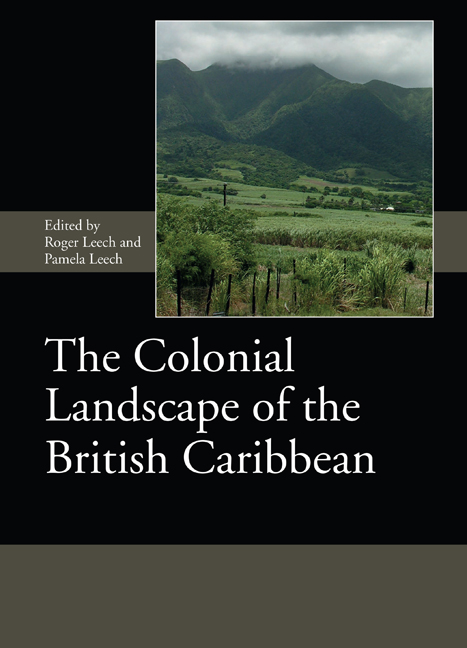4 - London, Capital of Empire – Some Archaeological Reflections
Published online by Cambridge University Press: 31 March 2021
Summary
SUMMARY: The infrastructure of London during the era of developing empire reflected the dependence of the city and Britain on resources originating beyond Europe and something of this survives among the standing buildings and buried remains, though it is often the sheer scale of the latter that remains impressive. In contrast, the extensive archaeological assemblages of finds from post-medieval London, primarily up to the mid 18th century, furnish often surprisingly detailed evidence of specific aspects of the capital's role at this time. Various aspects of the excavated material culture are discussed from this perspective, and several themes for further study emerge.
FOREWORD
By Nigel Jeffries
The efforts and achievements of Geoff Egan (19 October 1951–24 December 2010), a leading UK specialist in medieval and later finds have been well documented. Geoff was a well-travelled and popular figure. In 1976 he joined the Museum of London's Department of Urban Archaeology (DUA) and for 34 years played a central role in researching, cataloguing, and contextualizing the vast quantities of medieval and later ‘small things’ recovered either from archaeological excavations in London by the DUA and its successors the Museum of London Archaeology Service (1991–2008) and MoLA (2008–) or those which formed part of the collections of the Museum of London. In July 2010 he was appointed finds adviser for the Portable Antiquities Scheme based at the British Museum, a position he filled for only a short period until his untimely death.
For my part, my role in shaping this article began in late 2018 when Professor Roger Leech contacted me to ask, in my capacity as a former colleague of Geoff's at MoLA and having just completed work on the glass from the Nevis Heritage Project sites of Charlestown and Mountravers, if I might review the paper and suggest a pathway for its publication. Upon reading it I felt little point in revising or significantly rewriting it and so what you read below remains largely true to the first completed draft submitted by Geoff to Roger Leech in February 2010. Any subsequent changes by me or the monograph editor were largely to format the text to the SPMA style and amend the bibliography and footnotes to provide (for example) updated references for the cited articles and books which have been published since Geoff's article was submitted. The remaining part of this paper is substantially as written by Geoff.
- Type
- Chapter
- Information
- The Colonial Landscape of the British Caribbean , pp. 57 - 70Publisher: Boydell & BrewerPrint publication year: 2021

